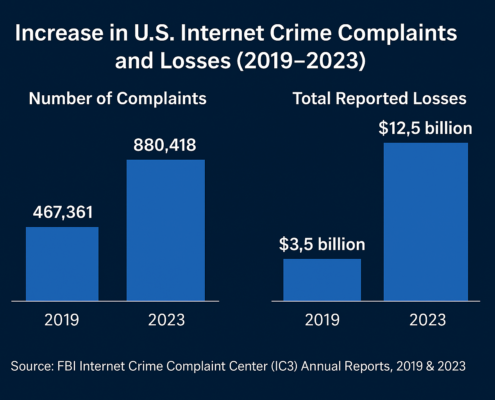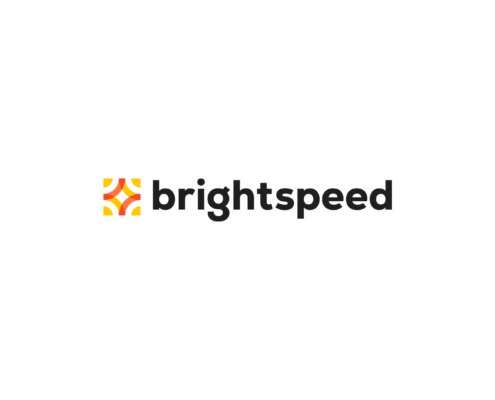The general consensus amongst many stock market analysts indicate that our economy might be headed into a recession.
As seen in past instances, the IPv4 transfer market tends to follow the the global stock market. With the stock market continuing to decline, so do the number of IPv4 transfer requests, which is a strong indicator of the current global IPv4 demand.
In May 2022, the total amount of IPv4 transfer requests was down to only 112. Compared to the 110 in April of 2022, there is an increase of around 3%. However, we are down -18% from the average 137 transfer requests in 2022 and a staggering -57% as compared to the previous 3 years average of 170 requests. One thing to keep in mind which has held true for all of 2022, is that even though demand has decreased, we are still seeing historically high IPv4 sales prices.
If the IPv4 transfer trends continue to follow the stock markets’ decline, it is possible we will not see much of an increase in the transfer requests per month going forward. However, what we learned during the COVID-19 pandemic is that the global stock market is not always directly indicative of IPv4 transfers and price fluctuation. Likewise, lower monthly transfer requests have not previously caused a decrease in the IPv4 sales price.
There were key market indicators that led many to believe the pandemic would negatively impact IPv4 demand. Yet, the dramatic increase of both IPv4 price and number of transfer requests during that time revealed the opposite to be true.
What happens in a recession?
During a global recession, it is likely for the following events could occur:
- Publicly traded companies will need to find more ways to generate revenue to offset declining stock prices.
- Consumers will spend less time traveling and spend less money on luxuries, leading to more time spent at home online. This in turn causes an increase in hosting and internet connectivity.
- Organizations look for ways to optimize their global infrastructure and reduce overall operating expenses.
Breaking down points 1 and 2 above, there is a historical precedence that leads many experts to believe we may be in a healthy IPv4 buyers market for the remainder of the year. Past market conditions show us that hosting companies and Internet Service Providers (ISPs) will often react to a possible recession purchasing IPv4 addresses to support the increased connectivity requirements. This in turn should keep market with a steady number of transfer requests, and sustain the IPv4 prices .
When looking to point number 3, Brander Group has a proven track record in helping global clients in several architectures areas. Our long-standing relationships with over 500 different global service providers position us uniquely to help our clients reduce costs and streamline operations through connectivity, cloud deployments, network security, data center, voice and more.
We have seen this before
Give us a call today to discuss how we can optimize your network strategy and lower operating costs. We have solutions experts and carrier agnostic engineers standing by.


 2022
2022 2024
2024